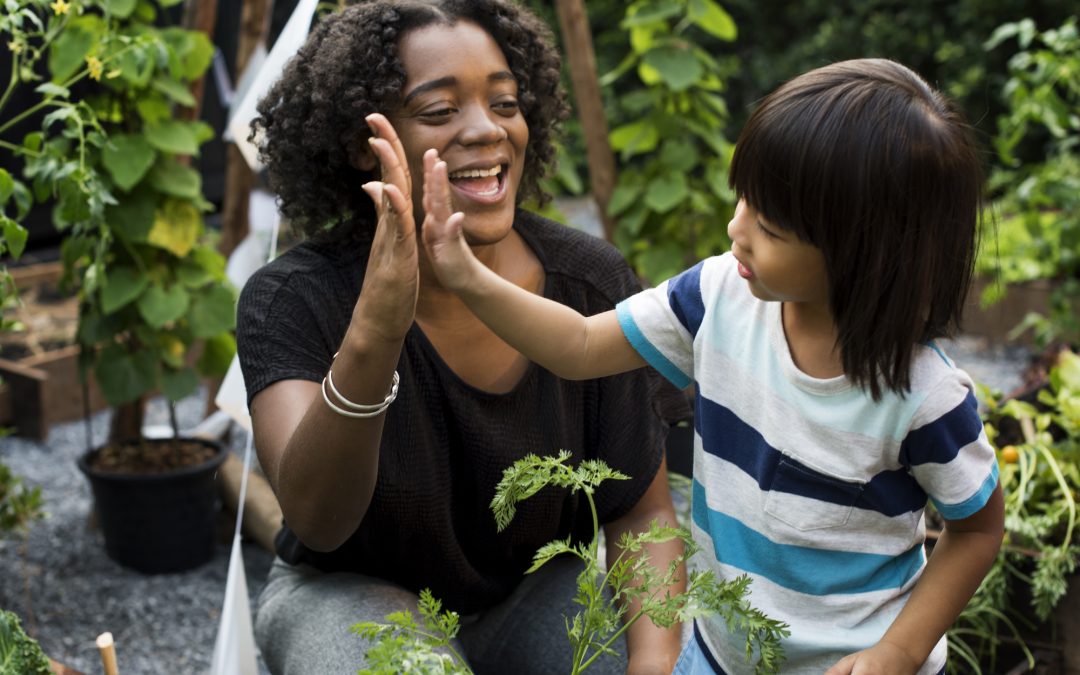While passion and compatibility often dominate discussions about love, emotional safety is the hidden pillar that sustains long-term relationships. It refers to the deep sense of trust, openness, and psychological security between partners—where one feels seen, heard, and accepted without fear of judgment. Couples who cultivate emotional safety are more likely to resolve conflict respectfully, express vulnerability, and build intimacy that stands the test of time.
Relationship psychologists and mental health professionals—aligned with Google’s E-E-A-T framework (Experience, Expertise, Authoritativeness, Trustworthiness)—stress that emotional safety isn’t built overnight. It develops through consistent behaviors: active listening, accountability, empathy, and honoring boundaries. Research from institutions like the Gottman Institute supports the idea that emotional attunement—not just physical attraction—is what predicts long-term satisfaction and resilience in love.
In a culture often driven by fast romance and digital swipes, prioritizing emotional safety is a conscious act of love. It empowers partners to show up fully and authentically, creating a bond based not on perfection, but on mutual care and emotional courage. True love isn’t just about how you feel—it’s about how safe you feel being your full self with someone else.










